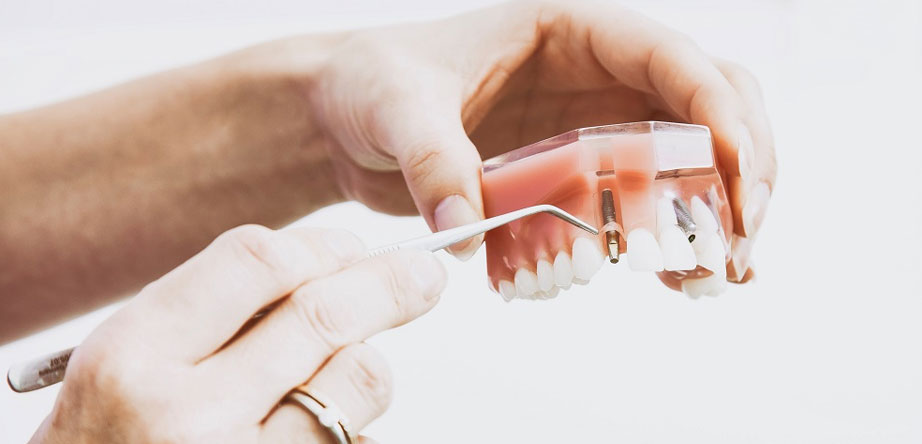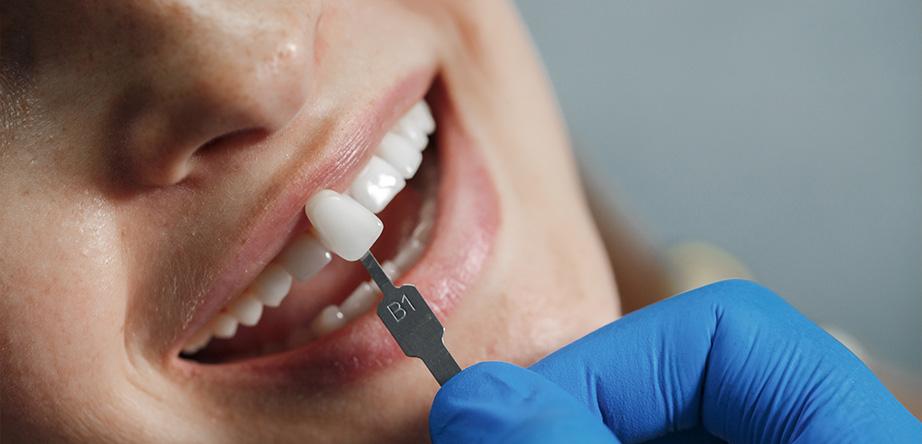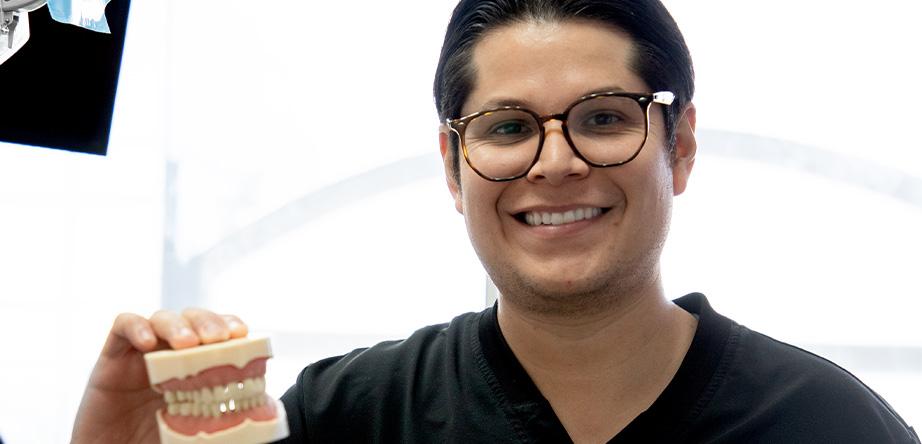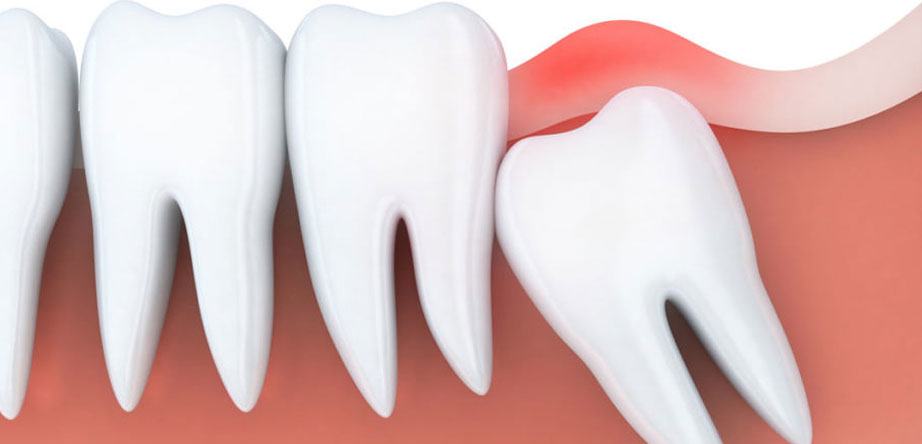
Common Signs of Dental Implant Failure

If you have recently undergone a dental implant procedure here’s everything you need to know about the most common signs of dental implant failure.
It has been calculated that dental implants have a success rate of over 95%! However, a success rate this high can only be achieved with a throughout evaluation and precise treatment planning. And after the surgery, it’s up to the patient to maintain proper dental hygiene.
Dental Implant Failure Signs
The risk of dental implant failure is actually really low, but that doesn’t mean that you should be careless. With proper care, implants can last up to 20 years! Since it never hurts to be informed, we want to share what happens when this dental procedure goes wrong.Loose Dental Implant
The loosening of a dental implant can go unnoticed because it may or may not hurt. Loosening is actually called “implant mobility”.If it happens soon after placement, it may be caused by complicated wound healing. This means that the implant didn’t properly bond with the bone. In older implants, an infection can make the implant to shift, you could feel that’s somewhat loose and at the end, it may even fall out.
It can happen.
Dental implant mobility can happen when there’s poor dental hygiene, patients who are heavy smokers, on poorly controlled diabetes, when there is bruxism or teeth clenching, and osteoporosis.
Tooth Implant Pain: When It’s Normal
The surgery itself is painless because you are given anesthesia. Nonetheless, right after dental implant surgery, you will experience some pain as the numbness wears off.The amount of pain will always depend on the total number of implants placed and how long the procedure was. Since every case and every patient’s pain tolerance and threshold is different, it’s hard to say how long the pain could last. But we consider that if you experience pain and discomfort for up to 10 days, that still falls within the norm.
Now, until when is it normal to feel pain after surgery? If after two weeks there’s still pain, you may have an infection and it’s best to contact your dentist right away.
It can happen
When there’s no proper planning and the dental surgeon might have placed dental implants in low-quality bone, causing pain.
Right after implant surgery, it’s best to stick with a soft diet. After a while, you’ll be ready for solid foods. Since every time you’re eating there’s some pressure put on the implant, poor bone-to-implant contact invariably translates into pain.
The cause of the pain may also be due to an infection. Remember that swelling and pain are the most common symptoms of an infection.
Dental Implant Problem: Sensitivity
Normally, tooth sensitivity occurs when the outer layer, called the enamel, wears down. Or when a cavity has reached the most inner part of the tooth, exposing the nerves.After surgery and the expected healing time, you shouldn’t feel any type of sensitivity. Chewing and smiling are not supposed to cause any discomfort either!
Dental implants can replace a tooth that’s beyond recovery. For that, the decayed tooth is extracted and with it, so do the nerves. Given that an implant has no nerves, how can implant sensitivity appear in the first place?
Well, there are only two possible scenarios: either the implant is failing or the adjacent tooth has been compromised.
It can happen
In the case of a failing implant, the bone surrounding the implant doesn’t stick to it, or worse, it may not be able to support the implant because it’s already receding.
Now, what about the adjacent tooth? Well, during dental implant surgery, the titanium implant needs to get drilled into the jawbone. So, if the pain’s source is on the adjacent tooth, it might be that damage or trauma occurred during surgery.
Actually, the last is really unlikely to happen with the current technology and proper planning!
Do you need healthy gums for dental implants?
To start, a qualified dental specialist will not approve an implant surgery if the patient currently has gum disease. That’s because it’s one of the leading causes of dental implant failure.One study even pointed out that the success rate for dental implants falls from 95 to 71% when the patient has a history of gum disease.
This doesn’t necessarily mean that you can’t get implants, as they are the best solution for missing teeth. Instead, you’ll have to commit to your oral health care from now on.
After dental implant surgery, you will experience mild gum swelling, peaking about 2-3 days after the surgery. If after the initial healing period, you notice that your gums are changing color, are receding or have become swollen again, the area around the implant may have become infected.
It can happen
The most important factor here is bacteria. Keeping good dental hygiene has never been more important in your life, trust us on this!
- Learn more about dental implants here.
- Learn more about full-mouth restoration with All-on-4®️ dental implants here.
- Check out dental implant prices here.
- Estimate your treatments and send them to your email using our online price quote generator.
- Learn more about our Tijuana Dentistry practice and team.




